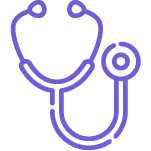Early Diagnosis Programme
What does the Early Diagnosis programme aim to do?
For many people, cancer is a frightening word. The fear of being told they have cancer can sometimes mean that people delay speaking to a doctor – they would rather not know. Although this is understandable, it’s important to know that the sooner you are diagnosed, the easier it is to treat cancer, less likely you are to need treatments which negatively impact your quality of life and more likely it is to have a better outcome.
Our Early Diagnosis programme aims to find any cancer at an earlier stage, when it is easier to treat, and also to find ways to pick up cancers before they develop, for example by increasing the number of people who attend screening programmes. While doing this, we want to make sure that we reduce the barriers people might face when accessing medical advice and screening services, so that everyone is able to enjoy healthier lives.
National priorities
By 2028:
- 75% of cancers will be diagnosed at stage one or two
- 55,000 more people will survive more than 5 years after diagnosis.
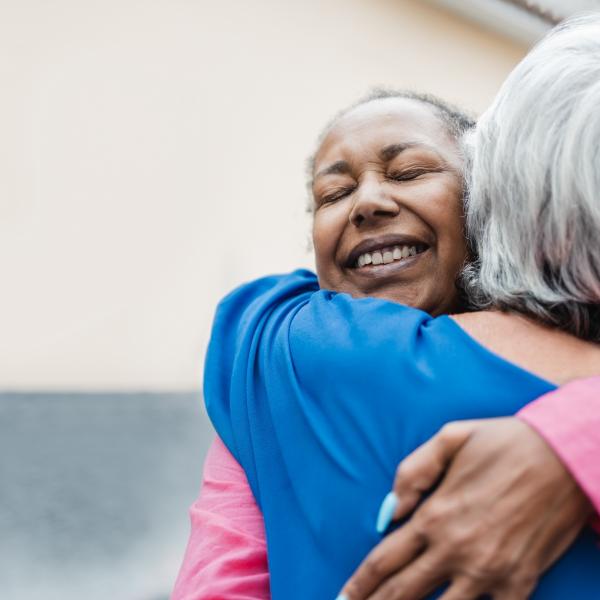
Local priorities
- To increase participation in all cancer screening services.
- To improve knowledge of cancer and awareness of signs and symptoms amongst residents of north-east London.
- To reduce barriers that our residents face in accessing screening and medical advice, making sure that these are available to all.
- To reduce health inequalities in early diagnosis of cancer which lead to inequalities of outcomes.
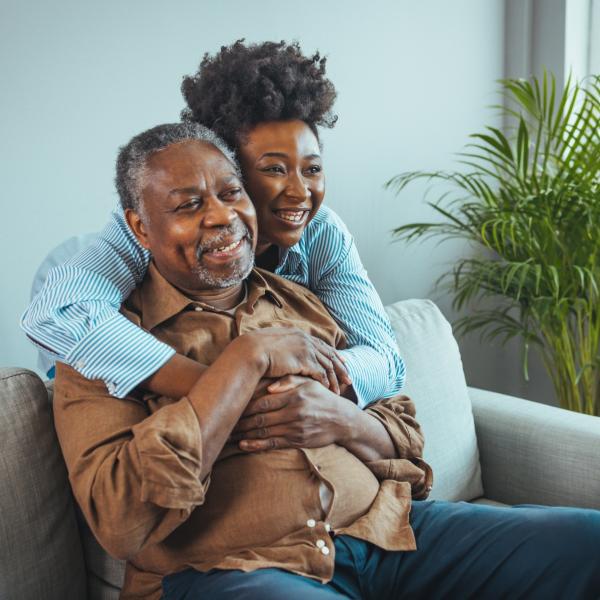
How do we work?
The Early Diagnosis Programme focusses on the beginning of the patient journey, before cancer is diagnosed. Find out more about how the team works and achieves these priorities.
Key achievements
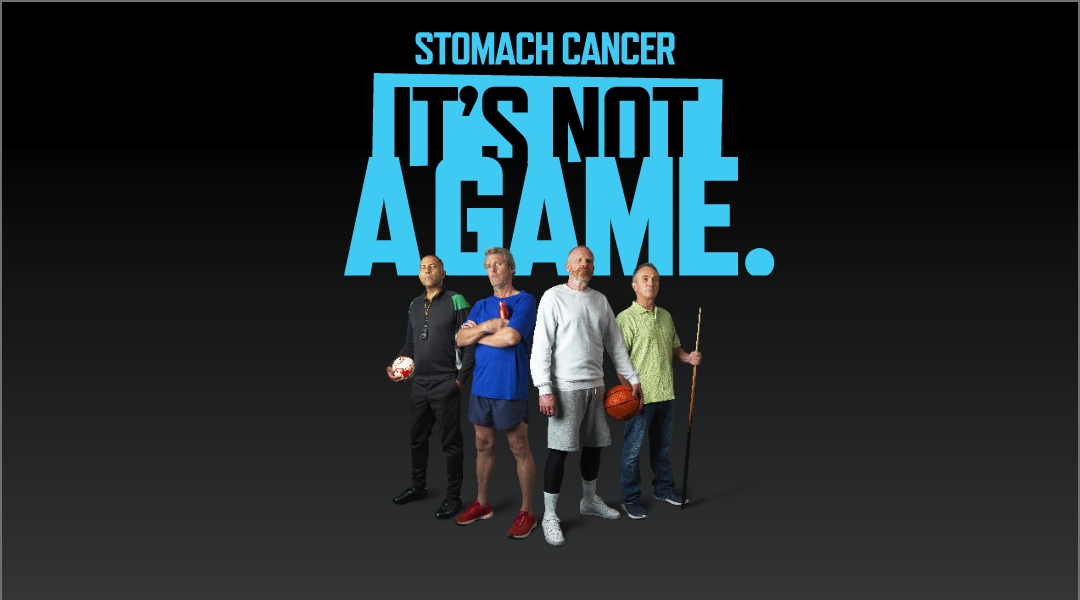
Cancer, It's Not a Game
Increasing awareness of bowel, lung, prostate and stomach cancer symptoms as well as the bowel cancer screening programme, amongst men over 50 in north east London. It involves partnerships with local sports clubs.
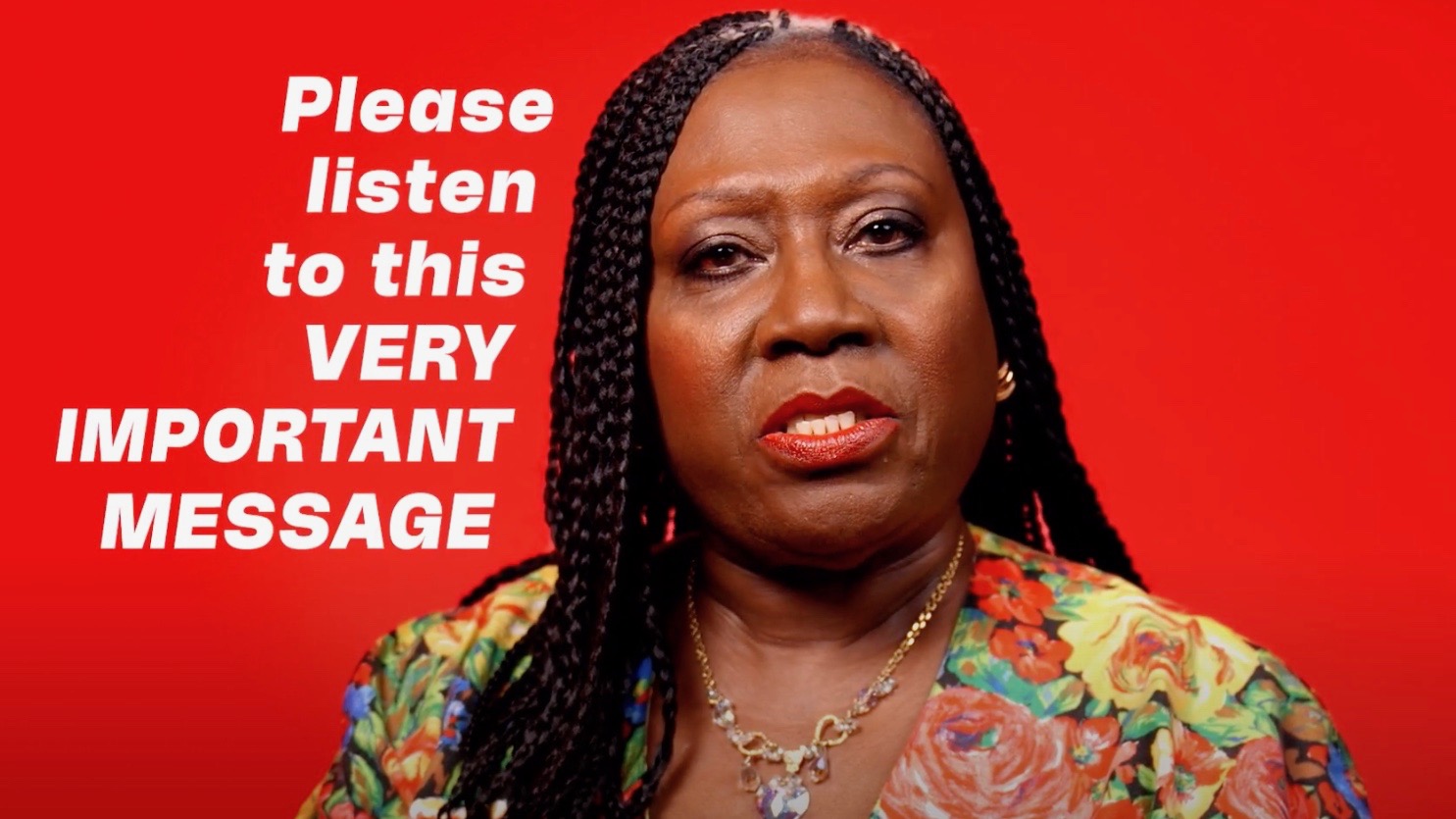
You Need To Know
An intervention focussed on Black and Asian women to raise awareness of bleeding after the menopause as the main symptom of womb cancer, delivered with local volunteers in partnership with charity the Eve Appeal.
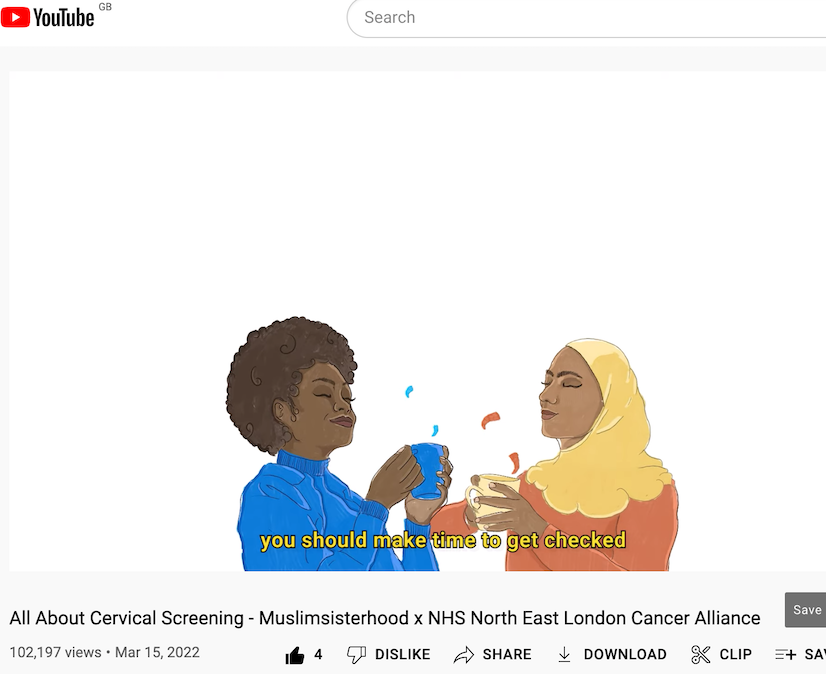
Muslim Sisterhood
A campaign to give young Muslim women information about the cervical screening programme. The campaign aims to take away myths and barriers to screening and includes an animated video.

Tell Me About It
A campaign to encourage people in north east London over the age of 65 to see their GP if they notice any worrying signs or symptoms that could be cancer. It includes patient leaflets, advertising and social media.
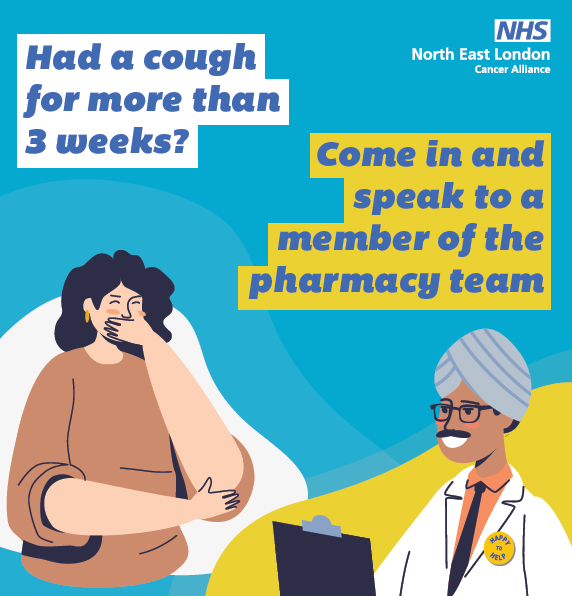
Lung Cancer Awareness
Working with community pharmacies to encourage people to visit their GP if they have common symptoms of lung cancer such as a persistent cough, breathlessness or unexplained weight loss.
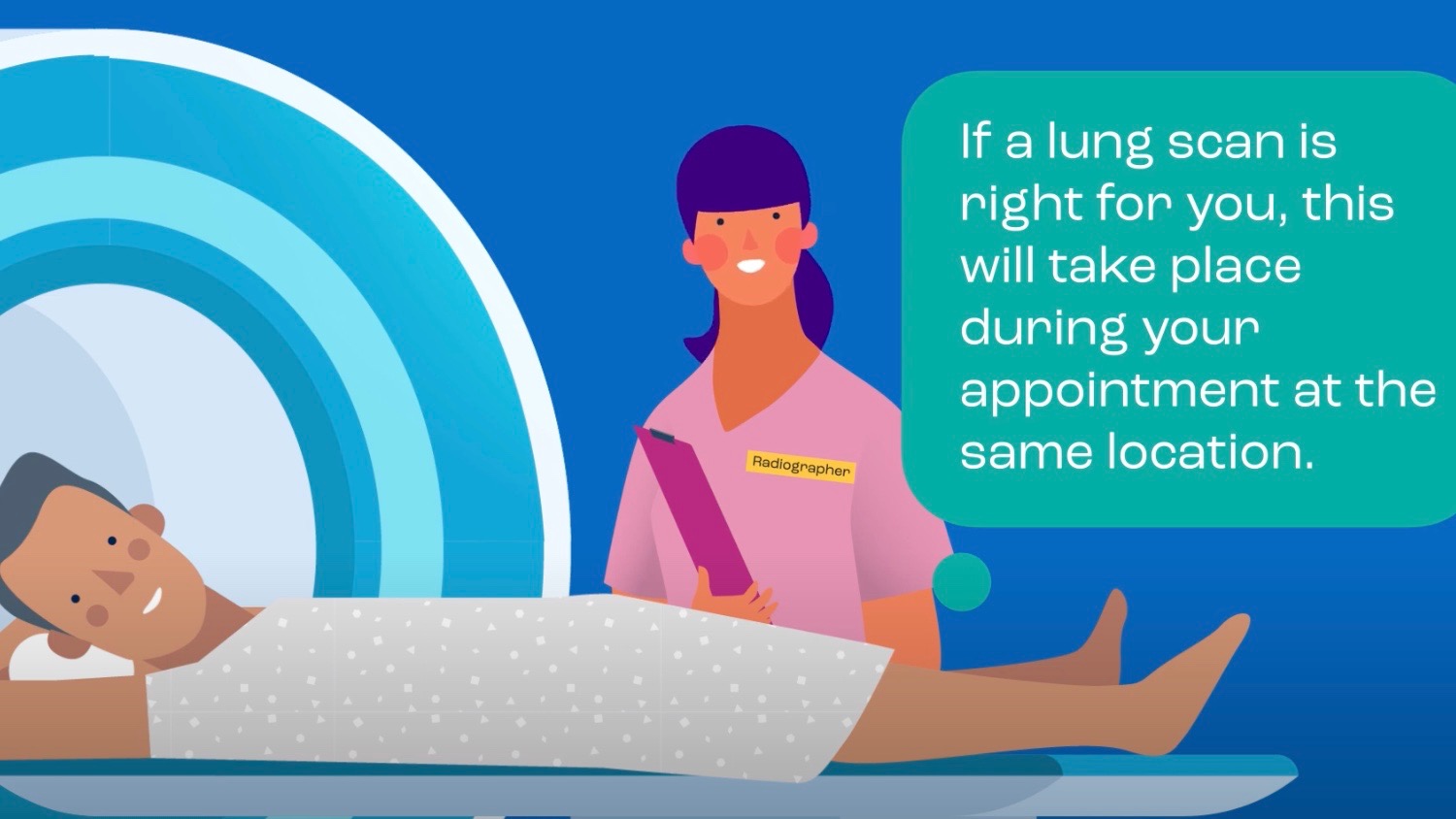
Targeted Lung Health Checks
A programme inviting people aged between 55 and 74 who currently or have ever smoked to a free lung health check. This may be followed by a low dose CT scan of the chest, which is safe, simple and takes under a minute.

Lynch Syndrome
Implementing Lynch Syndrome pathways across north east London for colorectal and endometrial cancers. Patients and their close relatives may be tested for Lynch Syndrome, which may be a risk factor for other cancers, so helps early diagnosis.

Liver surveillance
This project supports the establishment of a liver cancer surveillance pathway for patients across the whole of north east London, where people at a higher risk are identified, invited and supported to attend six-monthly surveillance.
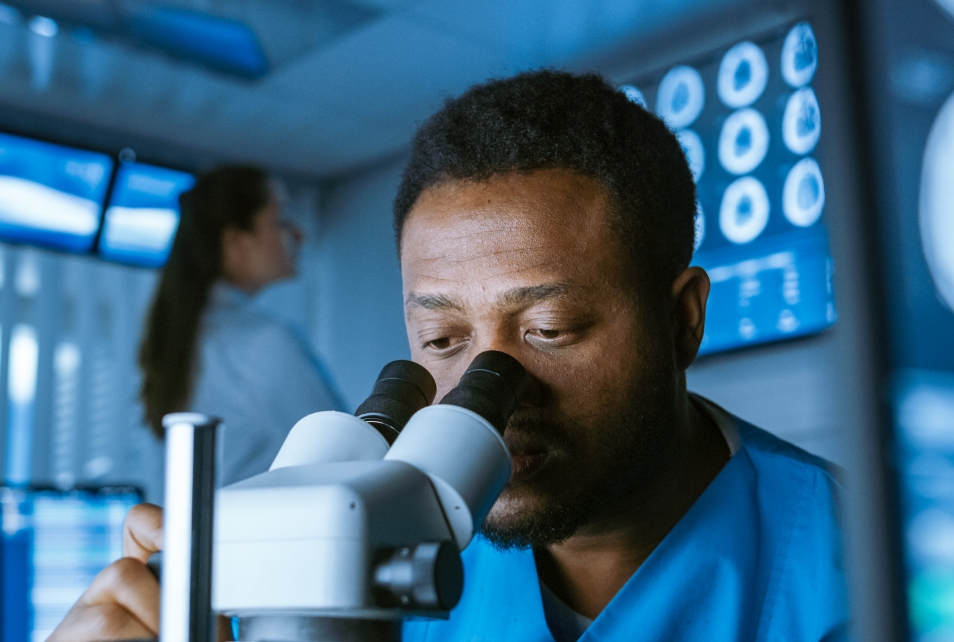
Pancreatic surveillance
To establish and support processes in which people at a high risk of developing pancreatic cancer are enrolled into the EUROPAC study and plan for a future surveillance pathway.
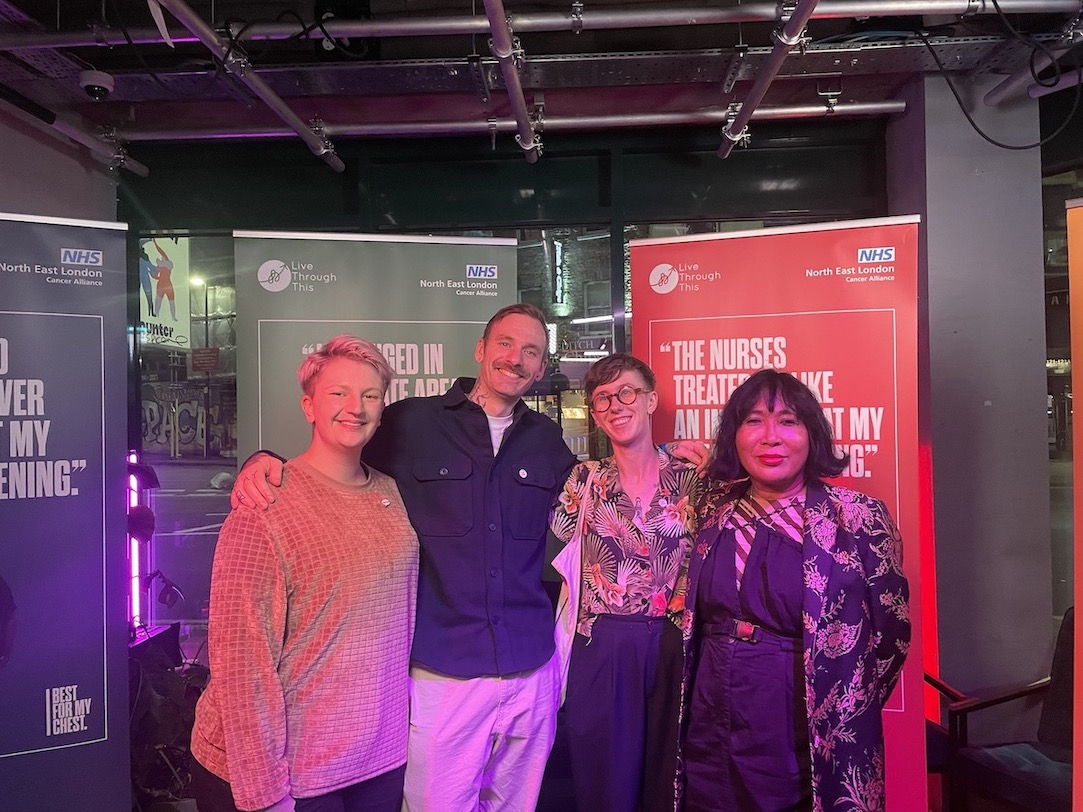
Best For My Chest
A breast screening and breast cancer awareness campaign for the LGBTQIA+ community in north east London, featuring local volunteers who have been involved from the start.
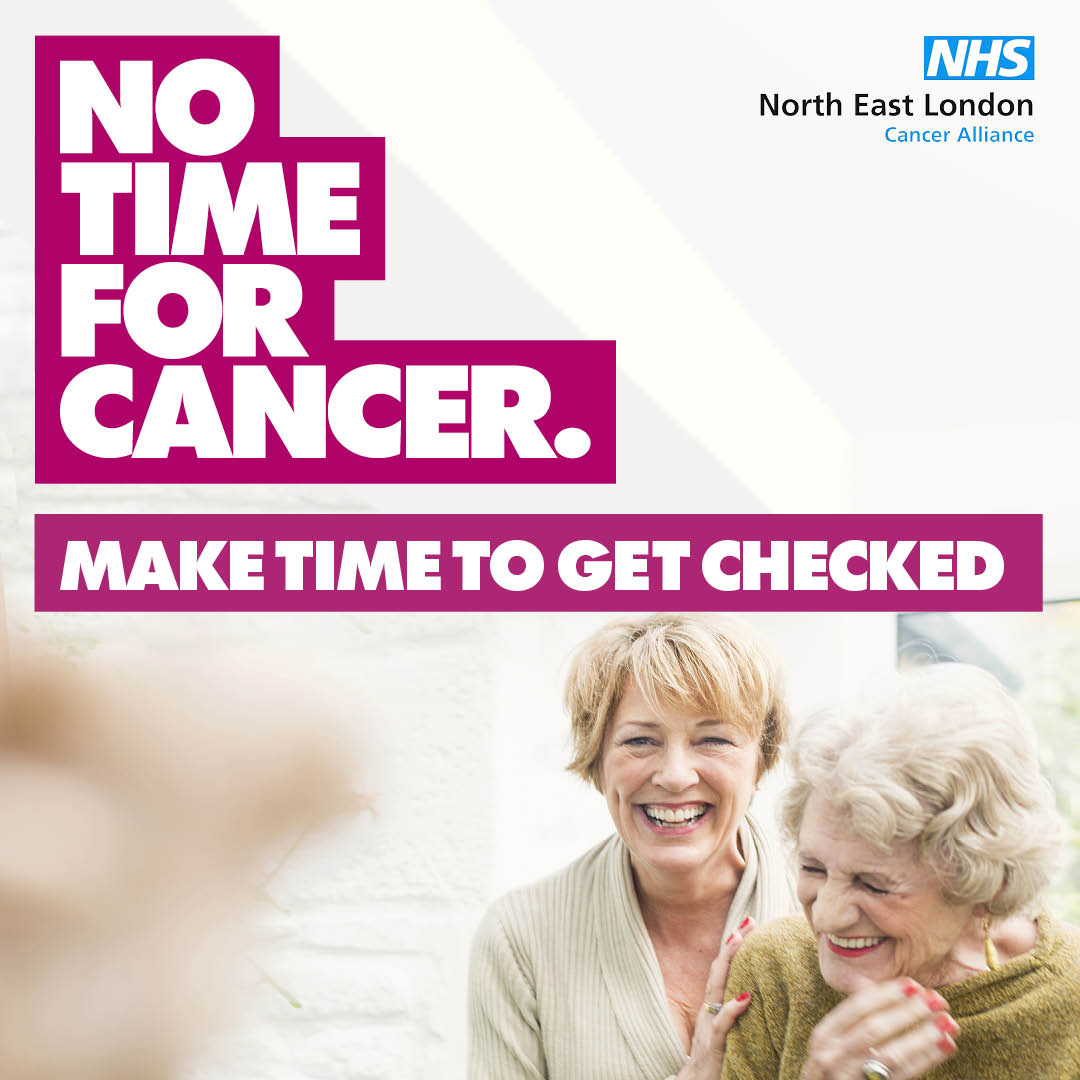
No Time For Cancer
A breast screening campaign - mainly involving advertising on Facebook - to improve uptake of breast cancer screening in the White, Black, Asian and Turkish populations in north-east London.
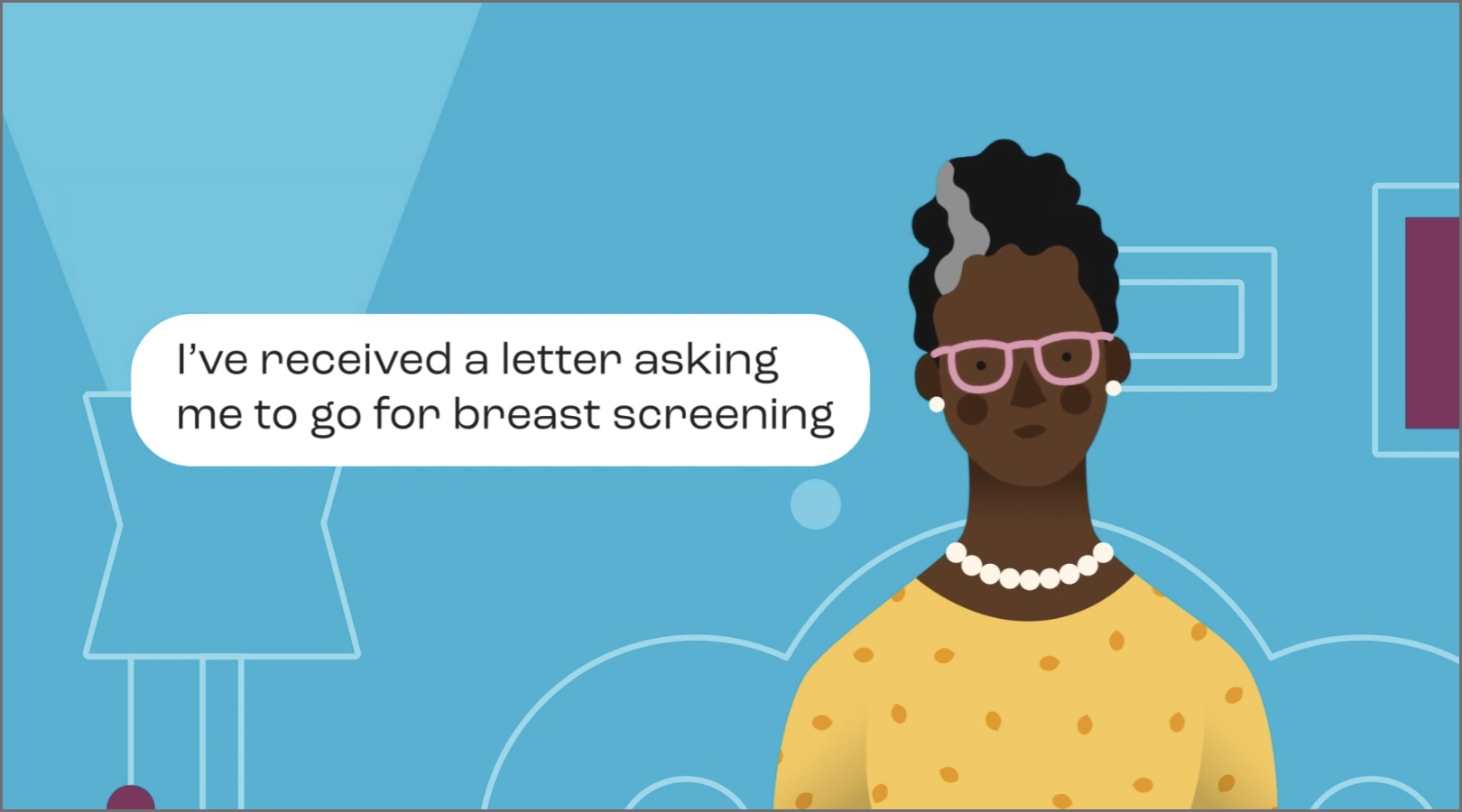
Breast Screening for women with a Serious Mental Illness
Increasing uptake of breast screening for residents with a serious mental illness in Barking & Dagenham, Havering and Redbridge by reducing barriers to access.
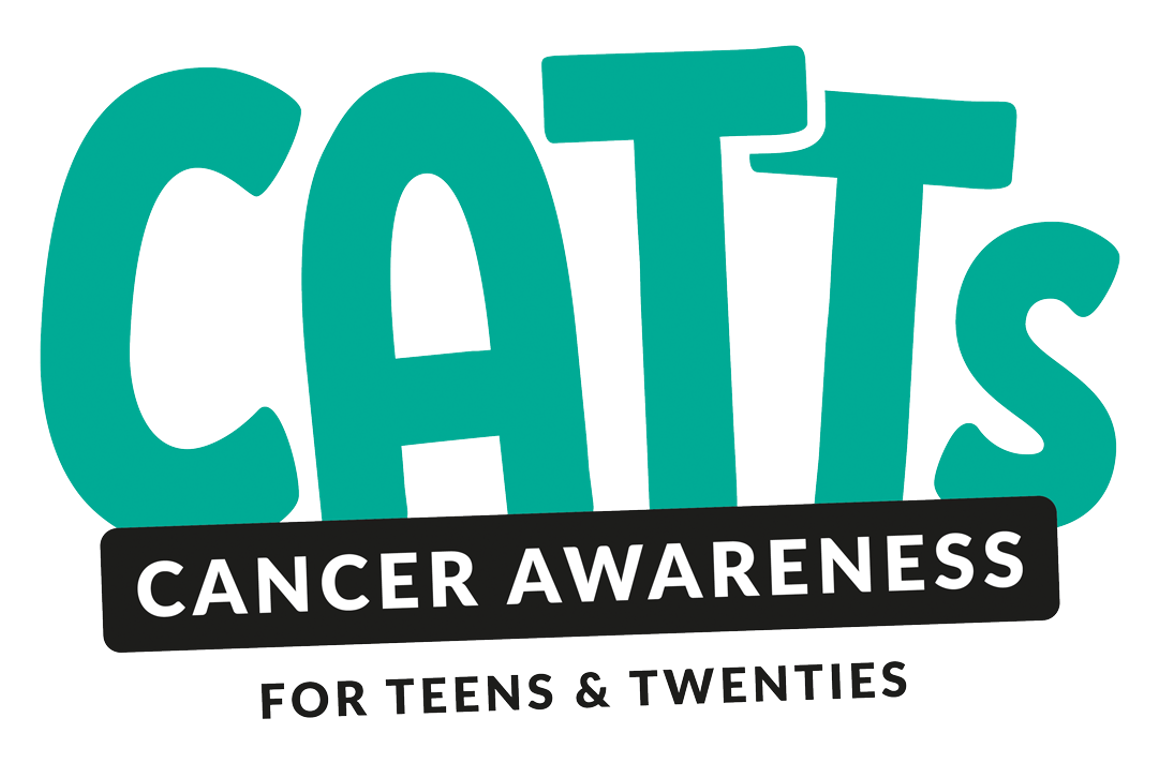
Cancer Awareness in Schools
Working in partnership with the charity Cancer Awareness in Teens and Twenties (CATTS) to deliver cancer awareness raising sessions within secondary schools to over 2,000 Year 10 and Year 11 pupils.

